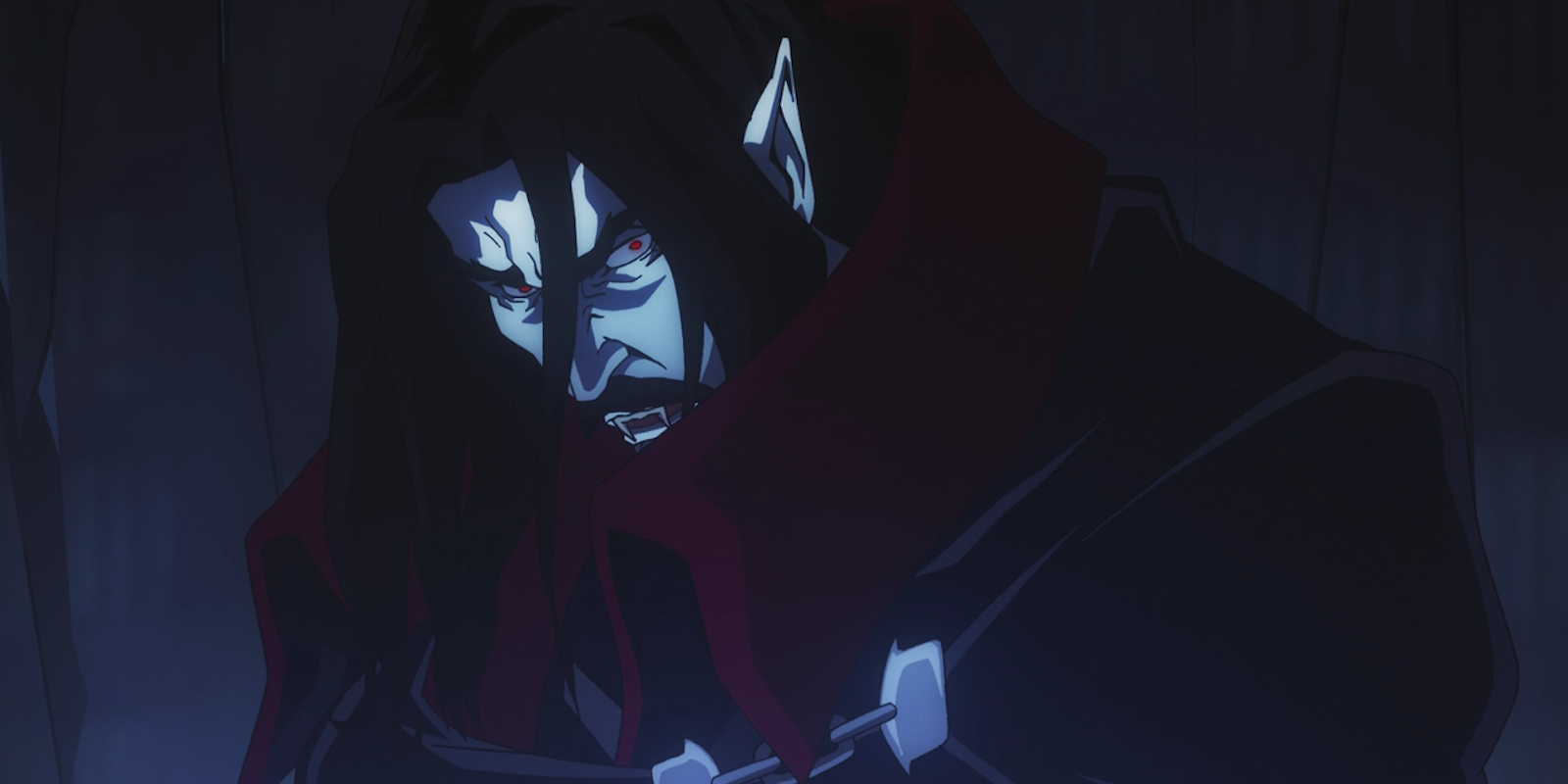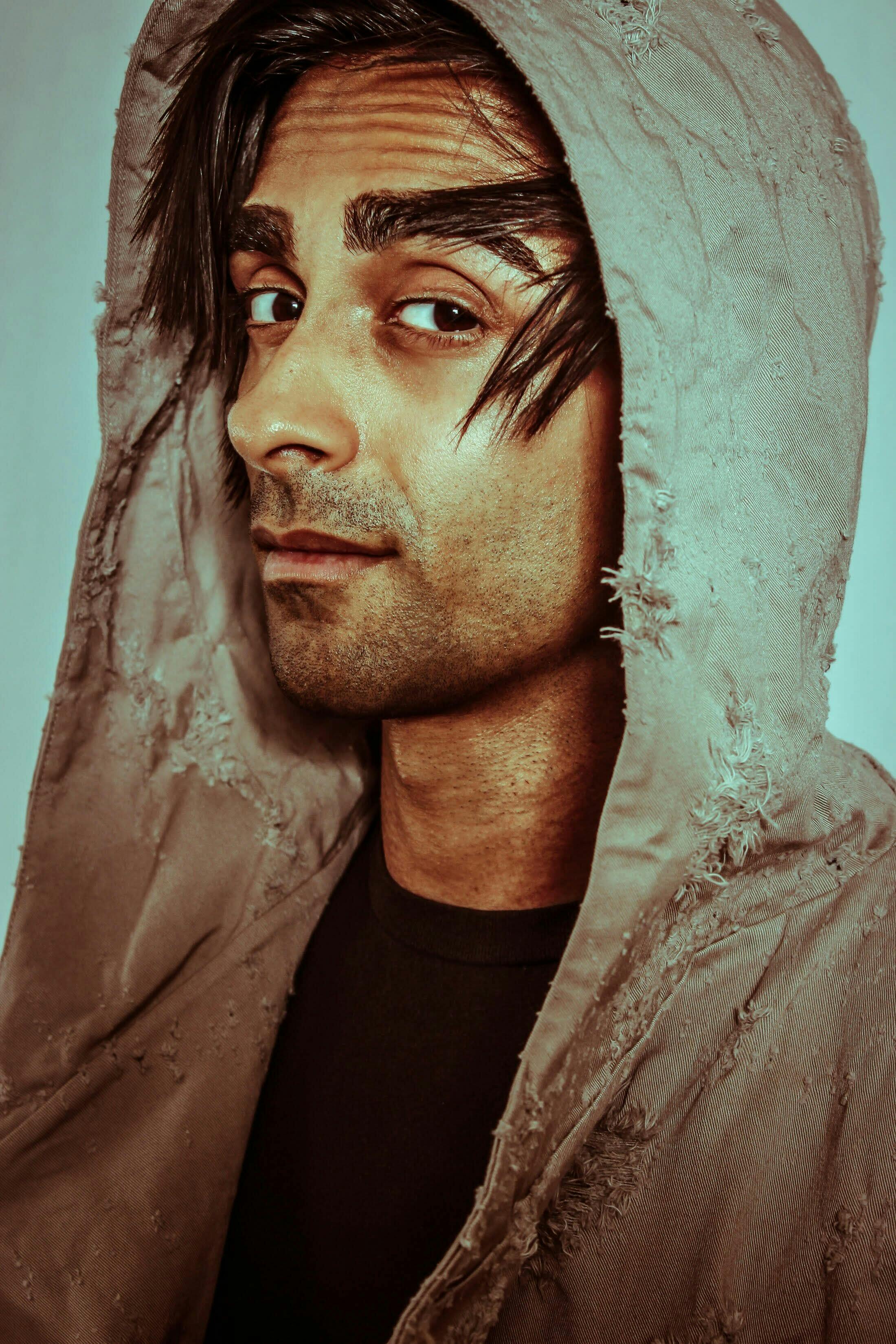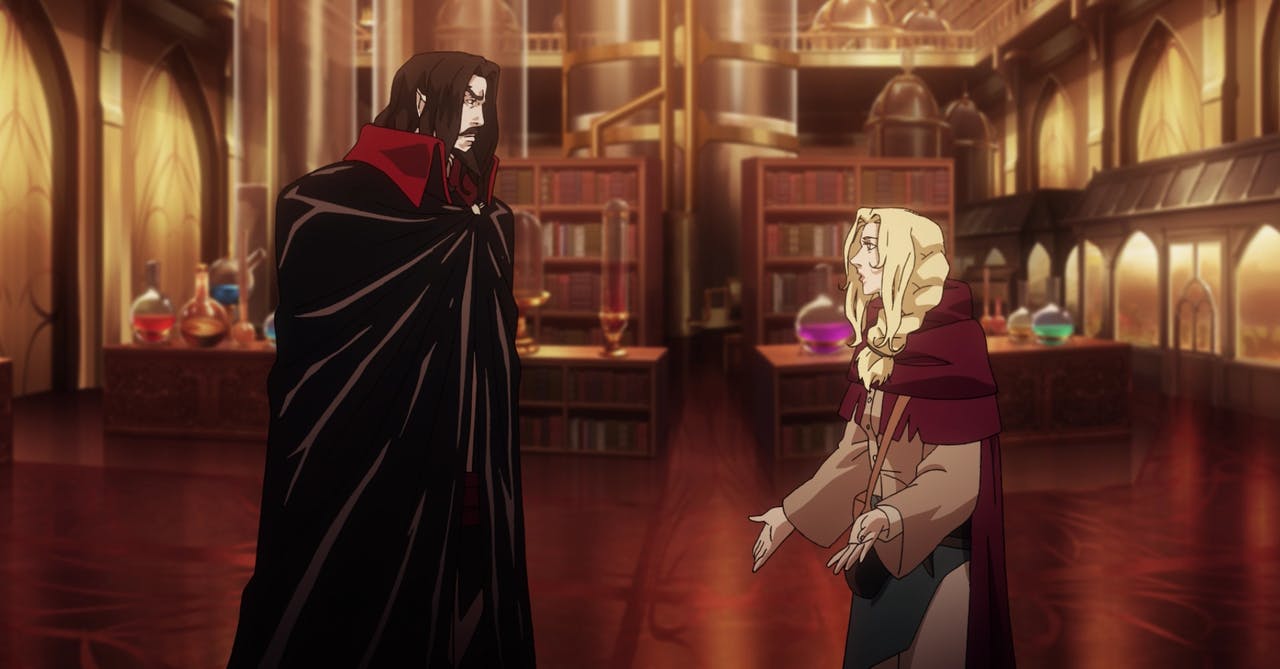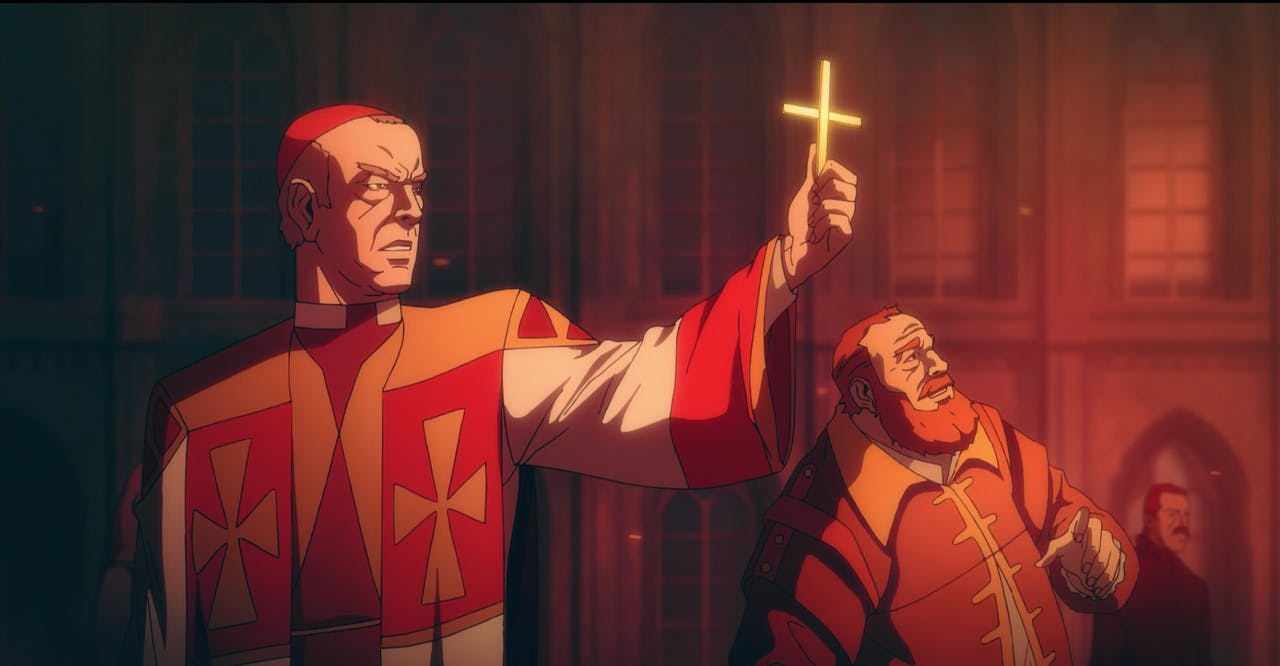Adi Shankar, showrunner for Castlevania, has swept onto the scene with one of the best video game adaptations in years.
Shankar’s new Netflix series, Castlevania, has an impressive 90 percent on Rotten Tomatoes, and fans of the video game are praising it as one of the rare game adaptations to get it right. The primary complaint coming from viewers is the length of the series so far—at only four episodes, season 1 is painfully short. We are given just enough of the storyline and characters to want more.
A second season has already been confirmed by Netflix, and this time it has promised fans a full eight episodes of beautifully animated action.
Shankar said that he was inspired to work on Castlevania by his love for the game. His focus was never to work on video game adaptations specifically, but rather to tell stories he cares about. In this case, the source material just happens to be a video game. Of course, fans have noticed he already has another video game adaptation lined up among his next projects, a Netflix adaptation of the Assassin’s Creed series.
The popular Ubisoft franchise has been seriously prolific, with the games skipping around to different locations and time periods—including Revolutionary France, 19th century Caribbean shipping routes, and Victorian London. That makes it hard to guess where the Netflix series will focus.
Shankar couldn’t tell us anything about the show, but given his success so far, hopes are high.
The recipe that led to his success with Castlevania is simple. Without respect and passion for the core DNA of the material, Shankar said, any adaptation is bound to fail.
“I am doing it because I am a massive fan,” he said.
He plans to use this same approach with his upcoming projects, including Assassin’s Creed and a superhero-focused passion project called Adi Shankar’s Gods and Secrets, which is in production.
Shankar’s respect for video game storytelling seems an obvious route to success, but given the barrage of barely recognizable reworkings of popular franchises like Resident Evil and Mortal Kombat, it’s an approach that’s rarely been adopted in Hollywood. Shankar wisely sidestepped the failed adaptation formula of the movies and shows that came before and zeroed in on a more direct approach.
“It took a generation for people to say, ‘No this is not how superhero movies should be, I can do it better,’ because comic books were their medium,” Shankar said. “Video games are our medium, this is a language that was created while we were growing up. It is going to be our generation that fixes them.”
The success of Castlevania, makes fans hopeful it could serve as proof-of-concept that more honest adaptations of games can work, both critically and when it comes to viewership.
Like the age of high-quality superhero adaptations eventually arrived, there’s hope that beloved video game franchises will also get their due. As Shankar notes, a generation of fans of the source material are becoming actors, writers, cinematographers, and producers, and maybe with Shankar in the mix, an improved era of video game adaptations is on its way.





